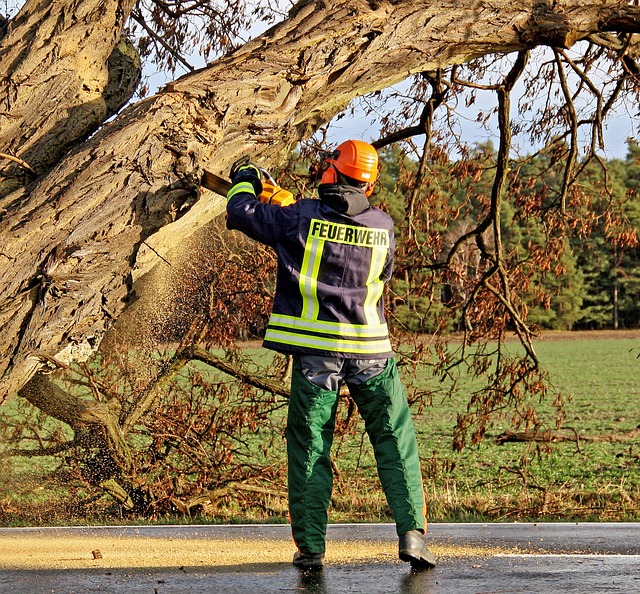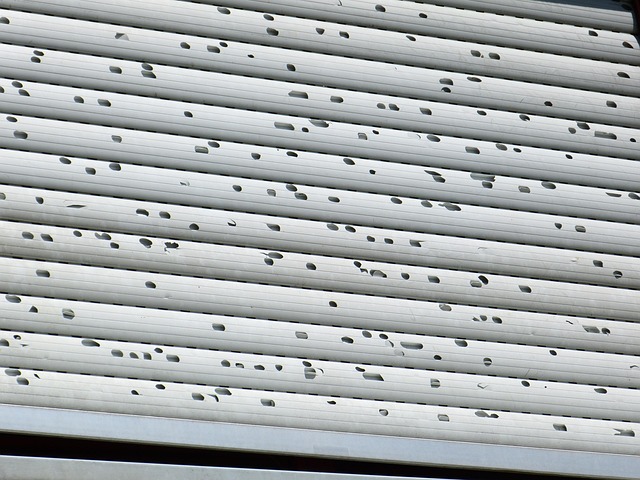In California, selling a house with fire damage is governed by stringent regulations. Homeowners must disclose any fire damage, along with its cause and extent, as well as all subsequent repairs, adhering to the state's Building Code standards. Failure to do so can result in legal consequences. The process involves assessing damage, consulting professionals, obtaining contractor estimates, understanding insurance coverage, and completing detailed disclosure statements. Compliance ensures a smoother transaction and prevents post-sale disputes related to fire damage disclosure.
“Unraveling California’s housing regulations, especially regarding fire-damaged properties, is crucial for both sellers and buyers. This comprehensive guide addresses key aspects of selling a home with fire damage in the Golden State. We break down strict disclosure requirements, offer insights on navigating the sales process, and explore legal implications and insurance considerations. Understanding these factors is essential when determining if and how to sell a house that has sustained fire damage in California.”
- Understanding California's Housing Regulations: A Comprehensive Overview
- Fire Damage Disclosure Requirements for Home Sellers
- Navigating the Process of Selling a Fire-Damaged Property
- Legal Implications and Insurance Considerations for Fire-Affected Homes in CA
Understanding California's Housing Regulations: A Comprehensive Overview

California’s housing regulations are designed to ensure safety, accessibility, and quality in all residential properties within its borders. When it comes to selling a home with fire damage, understanding these rules is paramount for both sellers and buyers. The state has strict guidelines on how such properties can be repaired, renovated, or sold, ensuring that any potential hazards are addressed before occupation.
For instance, California Building Code (CBC) sets forth specific standards for structural repairs after fires, including requirements for fire-resistant materials, smoke detectors, and other safety features. If a house has sustained fire damage, the owner must obtain a certificate of occupancy from a building inspector once all necessary repairs have been completed to the CBC’s satisfaction. This process guarantees that the home meets safety standards, making it suitable for sale or occupation. Additionally, disclosure is crucial; sellers must inform potential buyers about any known fire damage and the extent of repairs undertaken, fostering transparency in the real estate market.
Fire Damage Disclosure Requirements for Home Sellers

In California, home sellers have specific legal obligations regarding disclosure of any significant property damage, including fire damage. If a home has sustained fire damage, sellers must provide detailed and transparent information to prospective buyers before closing the sale. This includes disclosing the extent and nature of the fire, as well as the subsequent repairs or renovations made. The California Civil Code outlines these requirements, ensuring that buyers are fully informed about any potential issues that could affect their investment.
When a house in California is sold with fire damage, sellers must provide a Fire Damage Disclosure Statement to the buyer. This form requires disclosure of the date and cause of the fire, as well as details on structural repairs, replacement of personal property, and any ongoing issues or concerns related to the incident. Non-compliance with these disclosure rules can lead to legal repercussions for sellers, so it’s crucial to be thorough and honest in all communications regarding past fire damage.
Navigating the Process of Selling a Fire-Damaged Property

Selling a property with fire damage in California involves navigating a specific process, which can be complex and challenging for homeowners. The first step is to assess the extent of the damage and determine if it’s possible to repair or if rebuilding is necessary. Homeowners should consult with professionals like structural engineers who can evaluate the safety and condition of the property after a fire. If repairs are feasible, obtaining estimates from contractors and understanding potential insurance coverage for these repairs is crucial.
Once the assessment is complete, homeowners must inform prospective buyers about the fire damage history. This transparency is essential in California, where real estate transactions are heavily regulated. The process includes preparing detailed disclosure statements that outline all known issues, including structural problems, water damage from firefighting efforts, and potential lingering odors or mold growth. It’s a good idea to consult with a real estate attorney who understands the state’s regulations to ensure compliance throughout the selling process.
Legal Implications and Insurance Considerations for Fire-Affected Homes in CA

Selling a home with fire damage in California involves navigating legal implications and insurance considerations. If a property has experienced a fire, potential buyers will want to know the extent of the damage and how it was handled. In California, real estate transactions are governed by strict disclosure laws, meaning sellers must disclose any material defects, including fire damage. Failure to do so can lead to legal repercussions, including breach of contract claims from buyers who discover undisclosed issues after purchasing the property.
Insurance plays a crucial role in mitigating these risks. Homeowners insurance policies typically cover fire damage up to a certain limit. When selling, it’s important to review your policy and understand what’s covered and what isn’t. In some cases, a seller might need to obtain a “reinstated value” endorsement or an additional policy to ensure that the full cost of repairs is covered. This transparency helps buyers make informed decisions and reduces the likelihood of post-sale disputes related to fire damage disclosure and repair responsibilities.
California’s housing regulations regarding fire-damaged properties can seem complex, but understanding these rules is crucial for both sellers and buyers. If you’re considering selling a house with fire damage in California, navigating the disclosure requirements and legal implications is essential. By following the outlined process, from disclosing fire damage to understanding insurance considerations, you can ensure a smooth transaction. Remember that transparency and compliance with local regulations are key to successfully selling a fire-affected property in this state.






